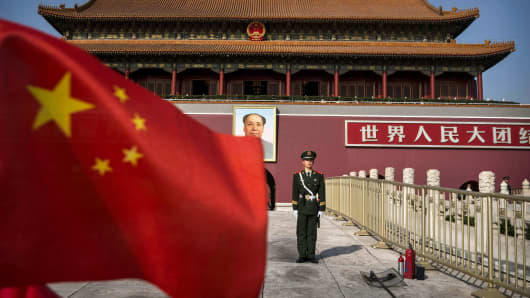There's a natural fear that the threatened $100 billion in tariffs on Chinese goods may hurt investment portfolios. But while the stakes seem high, they are much higher if you get rid of mutual funds containing Chinese investments before careful analysis.
It's important to react slowly. Strategies to help portfolios survive a changing trade environment should include financial advisors reviewing which industries mutual funds are invested in that are within, and affected by, the Pacific Rim, while keeping foreign investments between 10 percent and 15 percent of their portfolio and balancing risk with dividend growth and income funds.
First, let's ease worries about global trade policy changes.
The U.S.-China tariffs standoff is not a sign of more restrictive trade to come in other regions of the world. Thus, you shouldn't consider leaving other foreign markets. While President Donald Trump negotiates to protect U.S. intellectual property in China, the United States is firming up deals across the rest of the globe to keep our friendlier trade relationships still friendly. U.S. and European companies, however, could be affected by tariff strife if materials or distribution are dependent on China.
More from Investor Toolkit:
Trying to time the market is always a bad idea
How to take advantage of market volatility
Investing with borrowed money can be a big win
If you are invested directly in commodities or commodity funds, you are more likely to feel a shift in earnings if a trade war were to occur. For instance, China is threatening tariffs on U.S. soy crops. You might worry about any investment you have in this sector in the U.S. economy due to the tariffs. But it is also one of the many reasons China needs us as much as we need them — we're doing their farming.















